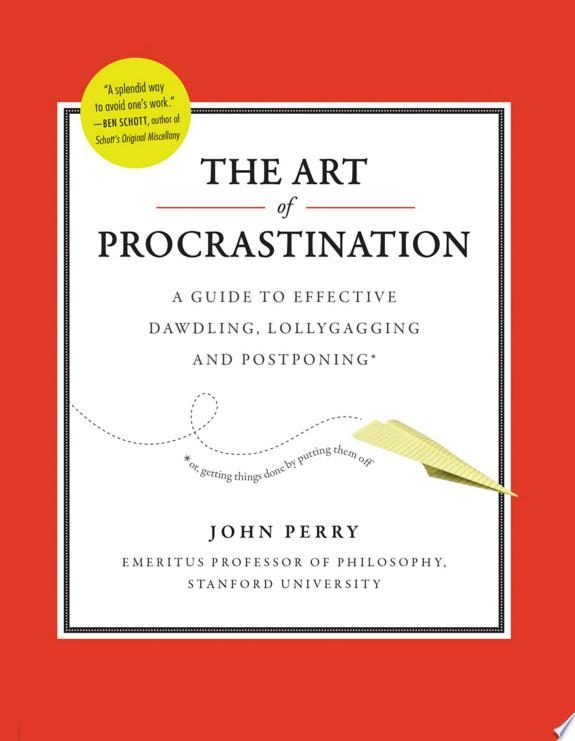I was just reading a deposition in which the soon-to-be Purchaser of a company did not contact a bank about a loan it had made to the Seller. The failure to contact was a disaster: litigation only lawyers can love.
When asked about why he did not contact the bank, the Purchaser said, “Because the Seller said he wouldn’t do the deal if I did.”
OK: Purchaser is an idiot.
Next question: “Would you agree that this kind of statement is unusual, even suspicious.”
Answer: “Yes.”
Question: “So why did you do it.”
Answer: “Well it was a BUSINESS DECISION.”
Now, I have just used a case of dramatic stupidity as illustrative. On the other hand, dramatic cases can serve as teaching tools. The dialogue is worth thinking about.
Many times when people say, “It was a business deal,” they are suggesting that there were contingent, predictive, and risky decisions involved. The problem is that such statements make it sound like every business decision is OK, even if it was a bad one. Those who talk like this seem to think that if they classify a decision and thereafter a course of action as a business decision then it is automatically–well–something positive or defensible come what may. Of course, this view is false. There are business decisions that involve mistakes, unreasonable mistakes, irrational mistakes, damfool mistakes, mistakes that are completely idiotic, and so forth down a greasy pedestal.
So what does all this have to do with taking depositions? There are lots of follow-up questions that may (and often should) be asked. Sometimes it’s one of the following; sometimes it’s more than one. Sometimes it’s an assortment; sometimes it’s in a sequence. Anyway, here are the examples:




Recent Comments